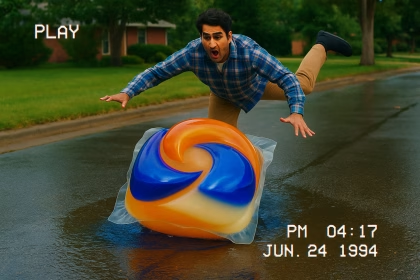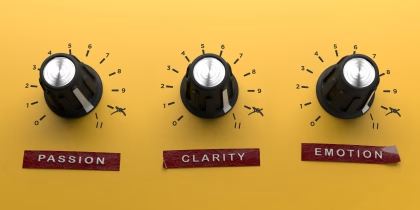Inability to regulate affective states can impact one’s capacity to engage in higher-order thinking like scientific reasoning with game-based learning environments. Many efforts have been made to build affect-aware systems to mitigate the potentially detrimental effects of negative affect. Yet, gaps in research exist since accurately capturing and modeling affect as a state that changes dynamically over time is methodologically and analytically challenging.
In this paper, we calculated multilevel mixed effects growth models to assess whether seventy-eight participants’ ( n = 78) time engaging in scientific reasoning (via logfiles) were related to time facially expressing confused, frustrated, and neutral states (via facial recognition software) during game-based learning with Crystal Island.
The fitted model estimated significant positive relations between the time learners facially expressed confusion, frustration, and neutral states and time engaging in scientific-reasoning actions. The time individual learners facially expressed frustrated, confused, and neutral states explained a significant amount of variation in time engaging in scientific reasoning.
Our finding emphasize that individual differences and agency may play a important role on relations between affective states, their dynamics, and higher-order cognition during game-based learning. Designing affect-aware game-based learning environments that track the dynamics within individual learners’ affective states may best support cognition.







